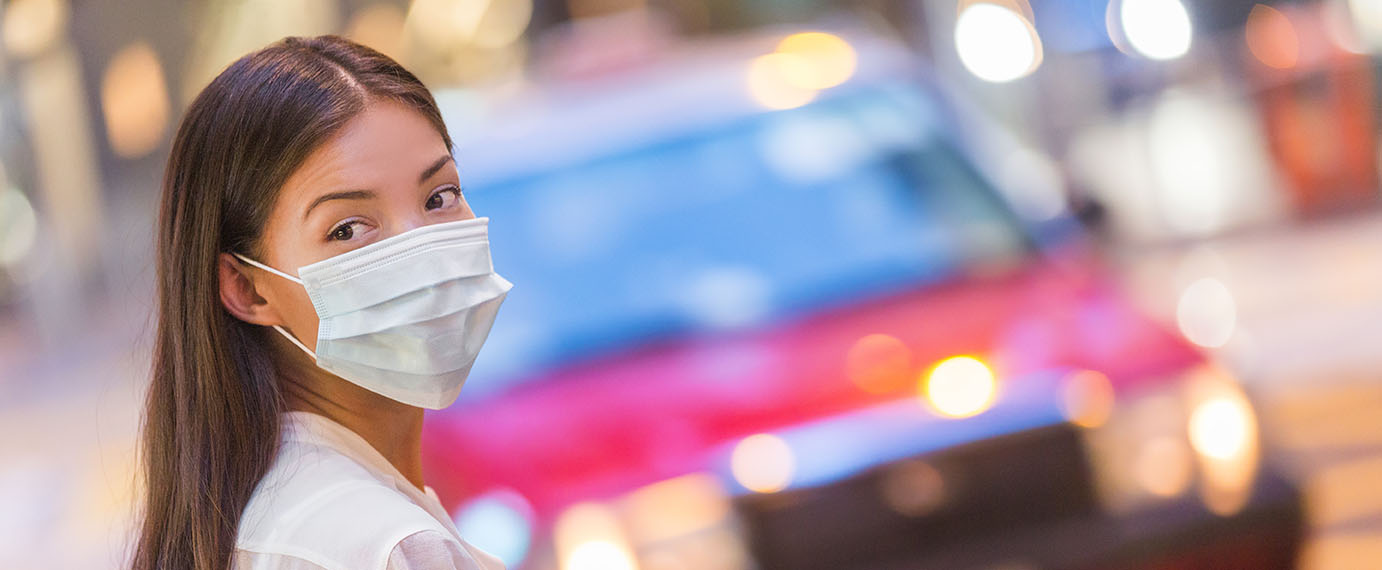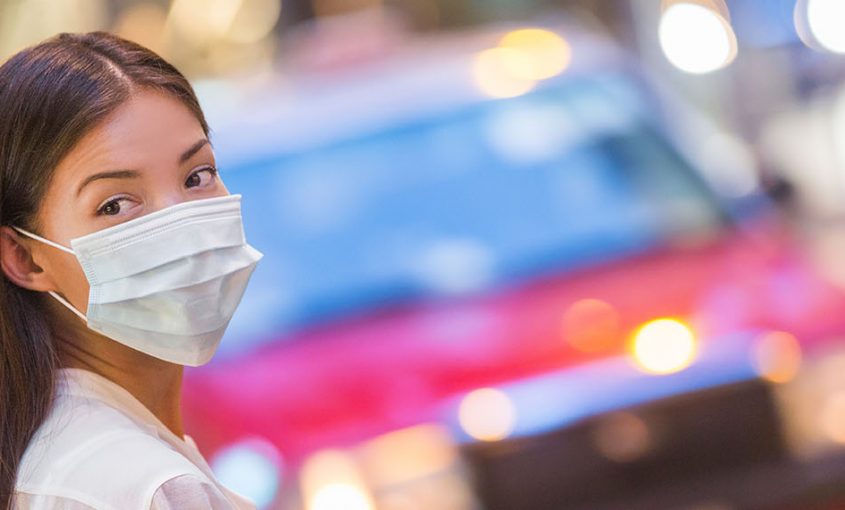8+ Things You Need to Know About Wearing a Mask
Wearing a mask can help protect yourself from infectious droplets that may occur when people cough, sneeze, laugh, or talk. Here are some important things that you might want to know:
- Make sure the mask has no tears or torn straps.
- It should securely tie according to the instructions depending on the mask’s style.
- Do not leave a mask hanging off of one ear or hanging around your neck.
- Remove the mask if the mask gets wet or soiled.
- To remove the mask safely:
- Do not touch the front of the mask, as it is contaminated after use.
- For ear loop masks: remove the mask from the side with your head tilted forward touching only the loops.
- For tied masks: remove by touching only the ties and untie the bottom tie first and then the top tie.
- Properly dispose of the mask.
- Always wash your hands before applying and after removing a surgical mask.
- Do not reuse a mask; toss it after wearing it once.
You can also protect yourself by doing the following:
- Avoid people who have symptoms of acute respiratory infections
- Wash your hands frequently
- Avoid touching your face
But Will A Mask Keep Me Healthy?
Masks are only one tool you can use to help reduce the spread of infectious respiratory diseases. Masks work by providing a barrier that limits the transmission of respiratory droplets, which are the primary way many illnesses, spread. Here’s how:
Preventing You from Getting Sick
- Filters Airborne Particles: Masks, especially well-fitted ones like N95 or KN95 masks, can filter out some airborne particles, including viruses and bacteria, reducing your risk of inhaling infectious agents.
- Protecting Mucous Membranes: Masks shield your nose and mouth, preventing droplets from directly contacting these vulnerable areas.
Preventing the Spread of Germs
- Blocking Respiratory Droplets: When you talk, cough, or sneeze, tiny droplets containing germs are expelled into the air. Masks catch these droplets, reducing the risk of spreading germs to others.
- Reducing Asymptomatic Spread: Many infections can be spread by people who don’t yet show symptoms. Wearing a mask helps protect those around you even if you’re unaware you’re contagious.
Other Benefits
- Reducing Face-Touching: Masks can serve as a reminder not to touch your face, particularly your nose and mouth, which are common entry points for germs.
- Layering with Other Precautions: Masks are most effective when combined with other measures like hand hygiene, social distancing, and vaccinations.
Mask Effectiveness Depends On
- Types: N95s and KN95s offer the highest level of protection, followed by surgical versions. Those made of cloth materials are less ideal and may provide some small level of protection but should be multi-layered and made of tightly woven fabric.
- Proper Fit and Use: A mask should cover your nose and mouth snugly without gaps to ensure maximum effectiveness. It’s also important to wear it consistently in high-risk settings.
Masking at Hoag Urgent Care
If you come to Hoag Urgent Care and your symptoms include coughing, sneezing and a runny nose, it is best for you to wear a mask to prevent you from sharing your germs. If you do not have one with you, we are happy to provide you with one. We will also make every effort to expedite the rooming process for anyone exhibiting these symptoms in order to protect other patients. Even if you are brought into an exam room quicker, unless there is a medical emergency, you will still be seen in order by the provider.



